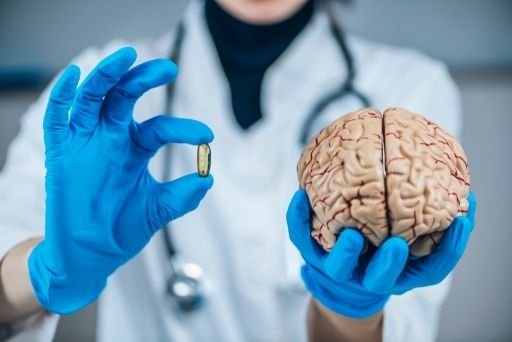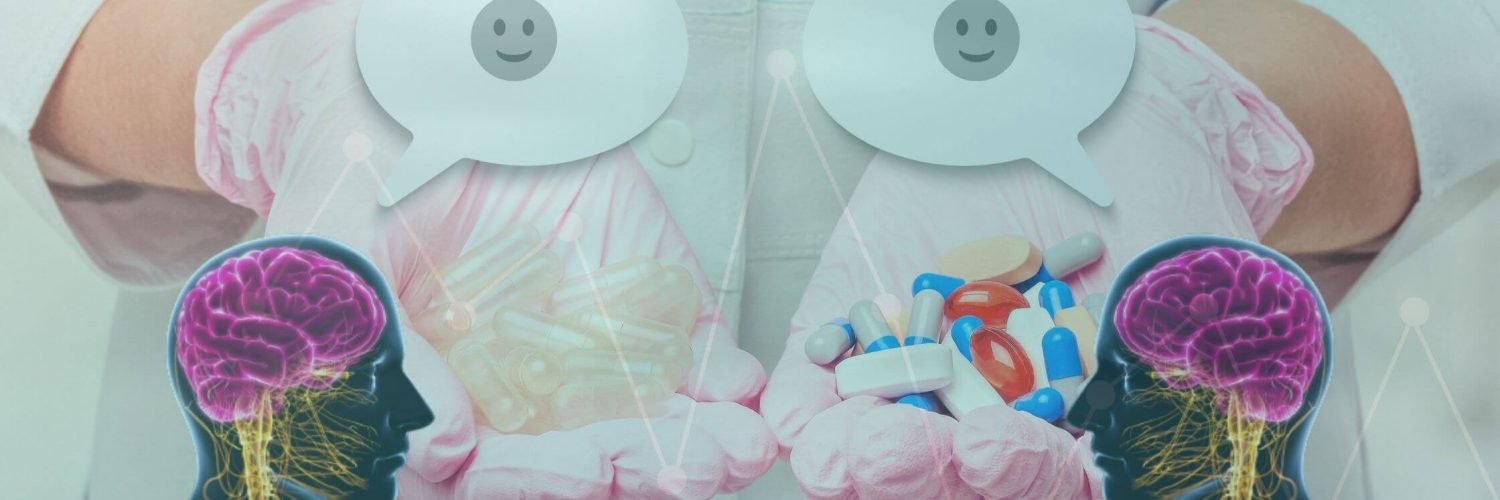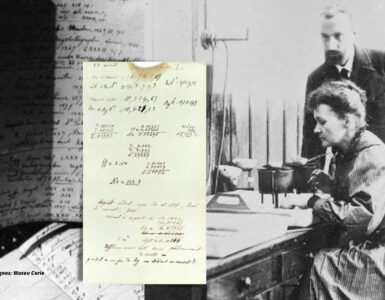The mind is undoubtedly the most powerful organ of the body. It is responsible for ordering the body to carry out various functions. The mind also has the capability of helping the body to heal. On certain occasions, a placebo tricks the body into believing that fake treatment can positively affect the body. This effect that the mind has on the body is termed the placebo effect.
Placebo vs. Placebo effect
The placebo effect is how people experience physical benefit after going through fake treatment for a look-alike treatment. The placebo and placebo effects might seem the same, but they are not. Placebo is an inactive substance, while the placebo effect is the effect of the medicine on a body that is not aligned to a particular form of treatment. Hence, in most cases of the placebo effect, people do not realize that they are not receiving an actual treatment but a placebo.
Why do people experience placebo effects?
Researchers and scientists know that the placebo effect is real, but they still carry on their research to identify why and how the placebo effect occurs? Certain factors influencing the placebo effect are:

Hormonal response
Placebo is believed to influence the release of endorphins in the body. Scientists have performed brain scans and understood that the brain has opiate receptors that get activated in drug and placebo treatment and help reduce pain. The structure of endorphins is similar to painkillers like morphine and performs as the brain’s painkiller.
Conditioning
Another explanation of the placebo effect is classical conditioning, i.e., when the body makes an association between two stimuli that result in a response. For instance, suppose an individual has arthritis, and he is given one particular pill to relieve his sore joints and pain. If that individual is given a placebo that looks the same as the Arthritis pill, it will lead the individual to believe that the placebo will also reduce his pain.
Advantages of using placebos
One of the primary advantages of a placebo is that when a new drug is tested on an individual and the doctor, the scientist has some idea about how the medication could affect the individual. The scientist might give the individual clues about how to behave quite unknowingly, which might affect the experiment results. To minimize this effect, certain researchers conduct what is known as a double-blind study. In this study, both the researcher and the participants are given a type of treatment but are not aware which one is getting the actual treatment and who is getting the placebo. By reducing the possibility of a biased reaction, researchers can authenticate the placebo effect in the human body. Placebo pills have been shown to reduce pain in an individual from 30% to 60% after the patient takes them.
Effect of placebo
In a review conducted by scientists taking more than 150 patients into account, it was found that placebo treatment had a similar effect on patients compared to actual drug treatments.
Depression
In a separate study, participants were given placebo pills labeled as antidepressant pills for a week. After one week, the research performed TET scans of the patient found that the patient reported increased activity in the brain area involved with emotion and stress regulation and decreased symptoms of depression.

Pain management
A study was conducted in 2014 consisting of 66 patients who were suffering from Migraines. All of them were given a particular pill called a placebo or Maxalt (which is a medication for Migraine). Some patients were told that their pills were placebo; the others were told that theirs were Maxalt. Scientists found that the labeling of the pills had set an expectation for the patient’s reaction to the pill. The placebos labeled as Maxalt had the same effect on the patients as the Maxalt labeled as placebo.
Relieving symptoms
The placebo treatment was also carried out for cancer patients who experienced fatigue related to cancer. The study participants were given three weeks of treatment, either the regular treatment or a placebo pill. The study said that the placebo pill continues to show improved symptoms in the participants during the medication and three weeks after the discontinuation of the medicine.
Placebos can have a strong influence on the patient, but it is primarily a psychological influence. It does not improve any underlying condition of the patient.





























